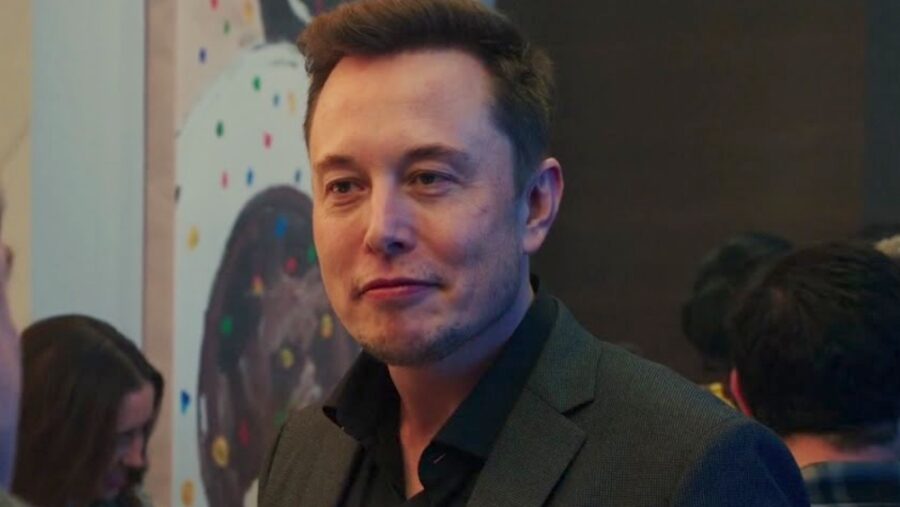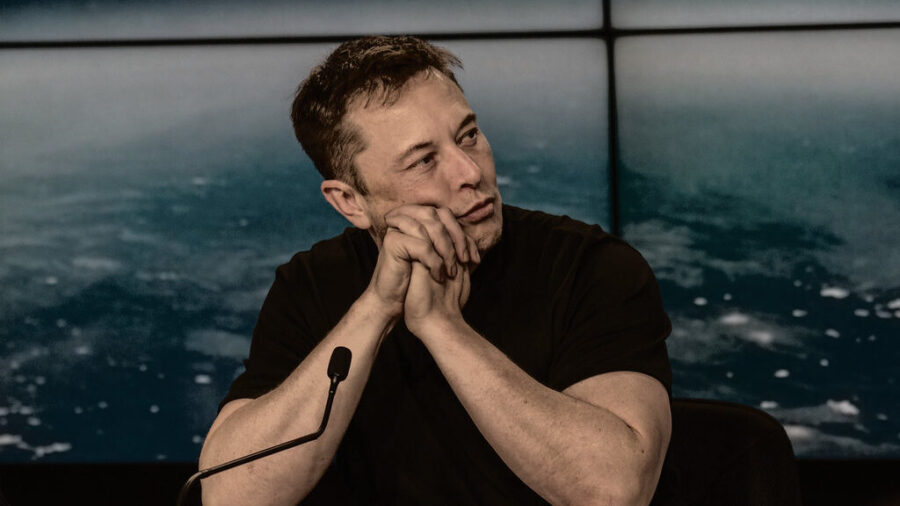Elon Musk Wants To Test Brain Chips In Humans But The US Won’t Let Him, Here’s Why
The FDA denied Elon Musk's application to test his brain chip on humans.

In addition to ruining Twitter, Elon Musk is on a mission to plant AI technology into the human brain. Neuralink is one of Musk’s five companies, and it’s in the process of developing neural-interface technology, a tech advancement that would mean putting chips in human brains. According to Futurism.com, Musk has been promising investors that he would start human trials soon, but the tech billionaire’s timeline has been compromised due to United States regulators denying his application.
It’s been almost three years since Elon Musk first announced that human trials on Neuralink’s medical brain chip were “less than a year away.” That was in 2020. Then in 2021, the Tesla founder tweeted that the trials would happen that year before changing the timeline again to 2022. As it turns out, Musk only even put in the application for the trials in early 2022, and then in December of that year claimed once again that the trials would be soon coming and were just half a year away.
Overall, it seems that Elon Musk’s timeline is nothing but empty words and should be taken with a grain of salt. As it turns out, Musk simply can’t move forward at all until the U.S. Government gives him the go-ahead. Apparently, Musk’s application to the U.S. Food and Drug Administration was denied, with dozens of issues requiring to be addressed before the tech billionaire would be able to move forward with testing.
It makes sense that the FDA is concerned about Elon Musk’s brain chips, after all, Neuralink is attempting to implant lithium batteries into people’s brains. However, the government’s concerns over human safety seem to be frustrating the business magnate, and the billionaire reportedly threw an hours-long tantrum at his employees when their application got denied. One employee spoke out anonymously, claiming that the billionaire CEO didn’t understand the difference between testing technology on cars and humans.

Just because Neuralink’s first application was denied does not mean that Elon Musk’s hopes for the completion of his brain chip are totally crushed. Statistically, two-thirds of FDA testing applications are approved after the first attempt, meaning that Neuralink’s brain chip will likely get approved eventually—after Musk and his team have worked out some of the issues.
It seems that Elon Musk will have to get used to the difference between timelines and requirements for regular technological testing and human medical testing. In the past, the SpaceX CEO has had a motto of moving quickly, making mistakes, and then learning from those mistakes, however, with medical testing, a mistake could mean the loss of human life. So, Neuralink has been desperately moving forward with more animal testing in order to appease the FDA and remain as close to Musk’s ideal timeline as possible.
Meanwhile, Neuralink’s competitor, Synchron, has already received approval for human testing and is beating Elon Musk to the next phase, something that is likely extremely frustrating to the tech tycoon.
Elon Musk’s brain chip is a coin-sized computer chip designed to be planted in the brain of a disabled patient, so it can send signals that would allow the patient to move and communicate again.












